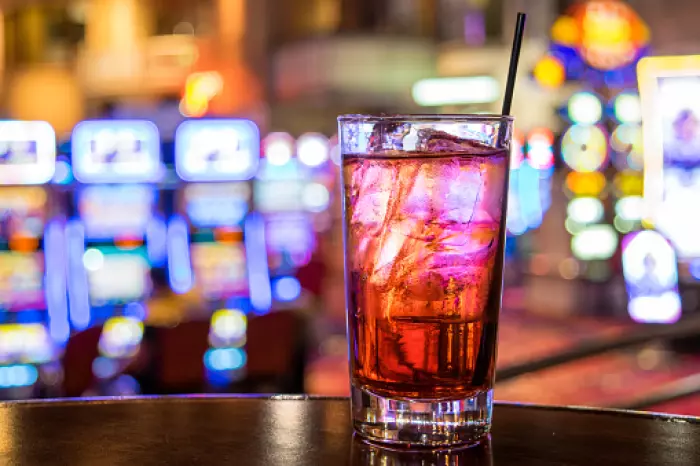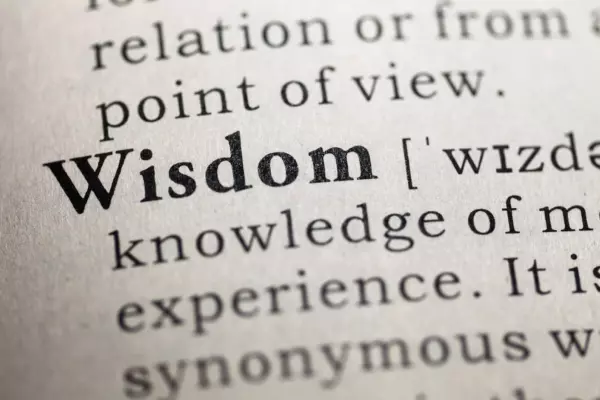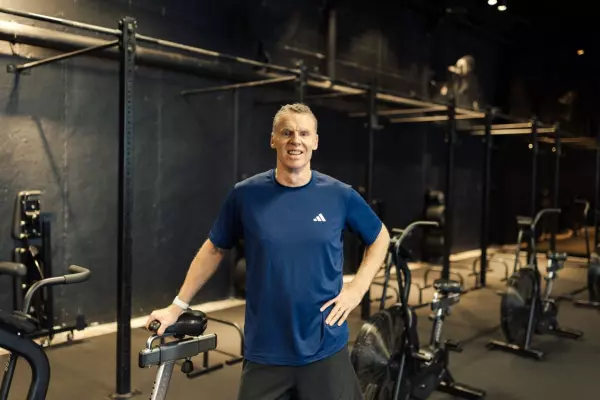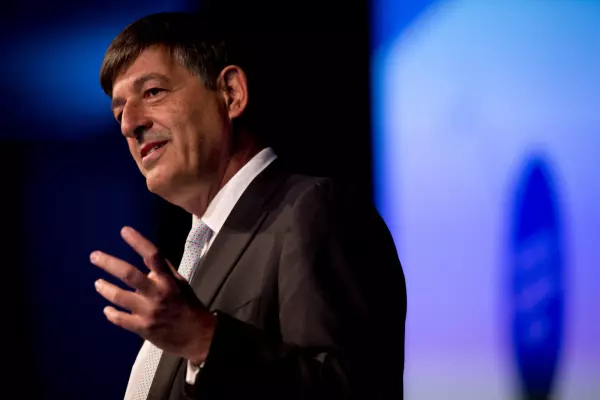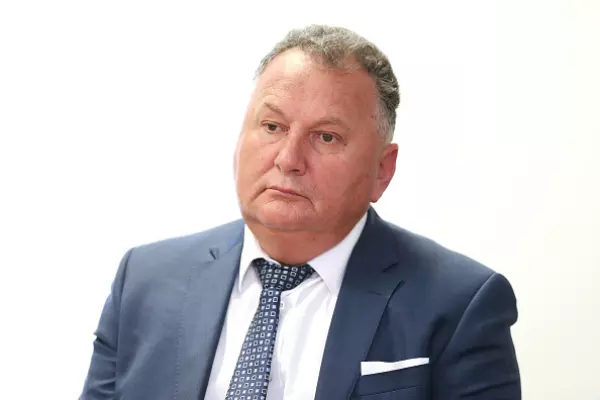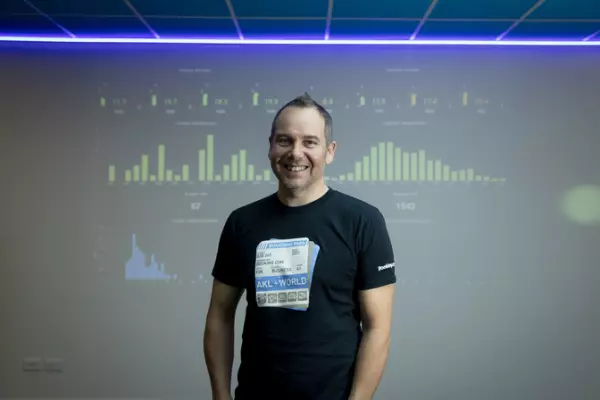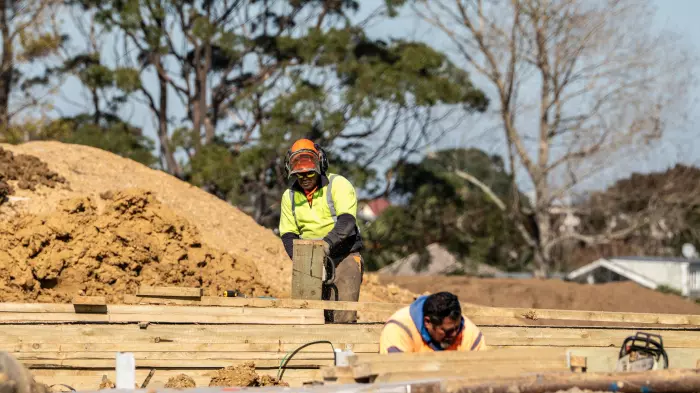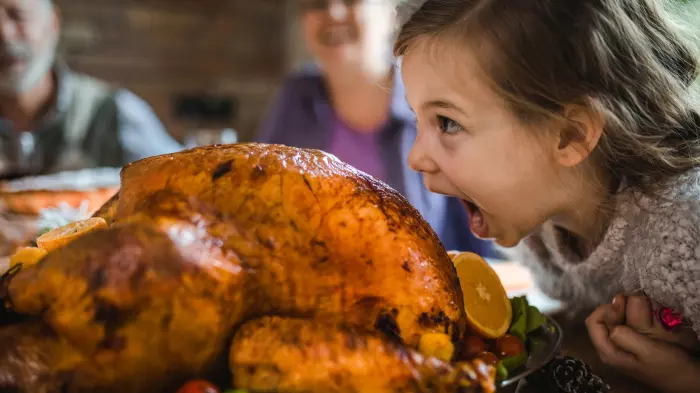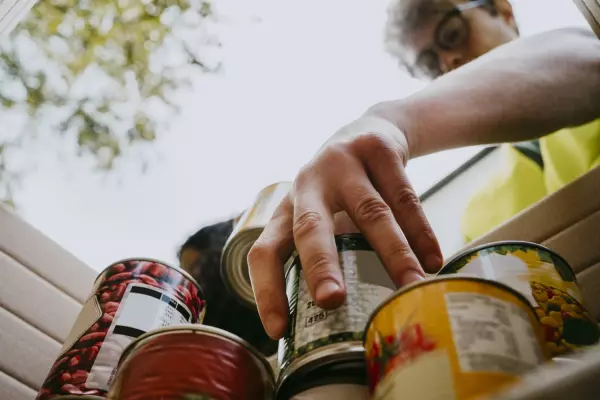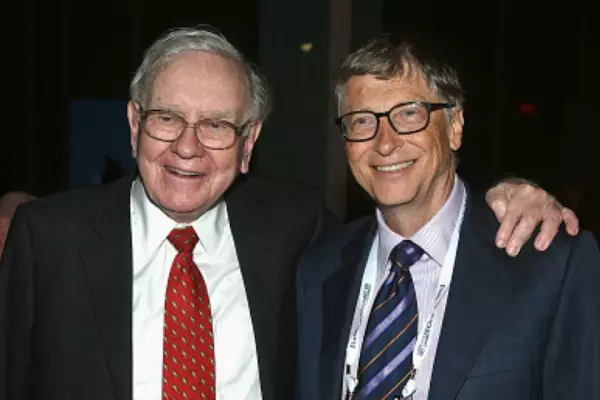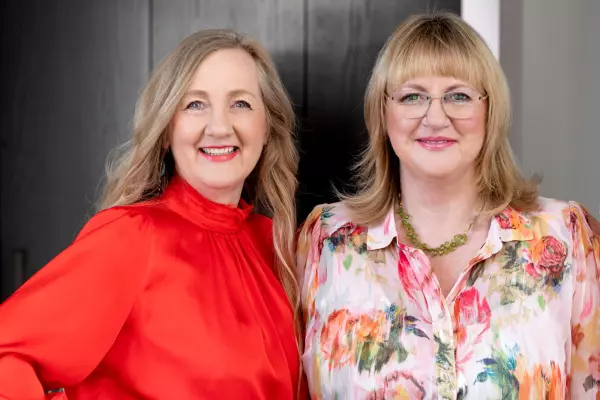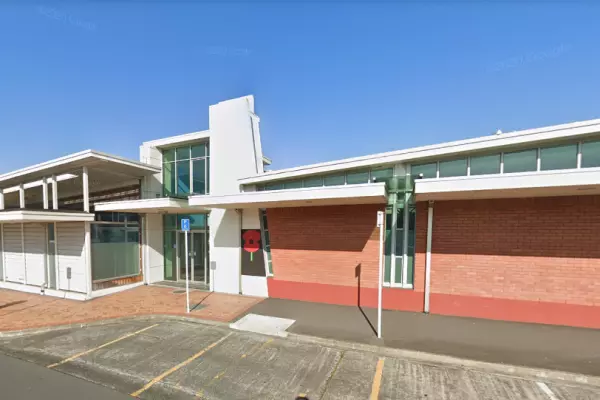Hundreds of millions of dollars from pokies pour into the charity sector each year, with community groups and charities all over the country dependent on funds for financial survival.
Critics like the Salvation Army describe the dependency as a “point of frustration” and say funding difficulties means the charitable sector is stuck between a rock and a hard place, and some organisations feel they can’t turn away the funds.
“It's a horrible job in that you disagree with the thing that's going on that's funding you, and yet you can’t do what you do without it,” Salvation Army social policy director Ian Hutson said.
“Thankfully, we're not in that situation.”
The Salvation Army made a decision not to receive money generated by gambling trusts in March 2008.
Money, money, money
In the 12 months to March 31, 2021, almost $852 million in profit was generated by non-casino gambling machines. More than $139m was doled out to charity via the 35 gambling societies running 1,050 venues and 14,743 pokie machines across the country.
The number of pokie machines has dropped from 24,000 to 14,000 in the last 10 years, thanks to a ‘sinking lid’ policy.
This rule, in place since 2004, ensures that once a class 4 gambling venue closes, the council can't issue a licence to any other society to replace the venue.
But despite this, pokie machine profits were inching closer to the $1 billion mark before the covid-19 pandemic hit.
The Department of Internal Affairs (DIA) is in charge of monitoring and regulating New Zealand’s gambling sector.
It said in the last five years profits from gambling machines went up by 13.4%, from $870m in the 2016-17 period to $987m in 2020-21 – although the 2019-20 period did see a profit drop of $802m due to the effects of covid-19.
The big three
There are 35 gambling trusts in NZ, but the big three – NZ Community Trust (NZCT), Lion Foundation and Pub Charity – were responsible for 38% of the grant money paid out in the last year.
The three trusts also manage the largest number of gambling machines and venues, controlling 4,759 machines across 348 venues – 32% of pokies in NZ.
Together, they approved a total of 3,639 grants, with the vast majority of those grants – 1,841 – going to sports-related funding requests.
DIA data shows that in 2021, NZCT had an 80.31% grant approval rate, Lion Foundation a 78.2% grant approval rate and Pub Charity a grant approval rate of 74.09%.
The ethical dilemma
Charity lawyer Steven Moe said for many non-profits, gambling dollars were an important source of revenue.
“There is a question mark there and an ongoing debate,” he said.
“If funds from gambling were not being made available to charities, would it improve gambling addiction and associated issues – or would it have an adverse impact on the most vulnerable, who are among those benefiting from the grants?”
Pub Charity chief executive Martin Cheer said: “There isn't anything that we can do as adults that doesn't have some consequences.
“If you provide an entertainment product, there's always someone that's going to abuse it.”
NZCT communications and marketing manager Don Martin said NZ’s Class 4 gambling model was “unique” and provided funds back to the community in the way the law intended.
“If there are funds available, does [it] not make good prudent sense for an organisation to seek funding from a society or trust, rather than local or central government who struggle to meet these local needs and are mandated to provide this community support?” he said.
Lion Foundation chief executive Tony Goldfinch said using gambling funds for charitable needs was a way of “maximising the benefit and minimising the risk” that came hand-in-hand with gambling.
He questioned where community groups would be able to find financial support in the way pokies societies offered it – especially as demand for funds was “forever increasing”, while Lion’s pokies revenue had fallen by 20% to 30% since the pandemic started.
“We're still seeing, year-on-year, an increase in the number of organisations that come to us,” he said.
“From a personal point of view, I'm glad I have no involvement in deciding who gets what.”
The big 40 question
Gambling machine societies have to return a minimum of 40% of gaming machine proceeds – excluding GST – to what the DIA specifies as “authorised community purposes”, but it’s not just charities that are benefiting from pokies profits.
The government receives about 33% in tax and duties on the proceeds, and the gambling societies and trusts get a big slice of the close to billion-dollar pie for administration and venue costs.
“The problem with the 40% is it doesn't take into account that if you've got a machine in a little provincial town, it's not likely there’s enough turnover to be sustainable,” Cheer said.
“You need it to be staggered, like a tax system where if you've got a high population area with a high turnover, it should be contributing more to the community and give some relief to the smaller communities,” he said.
Before the pandemic, Goldfinch said the 40% minimum return was easy to deliver. But there was “no doubt” that over the last two years, returning 40% had been extremely challenging and “nearly unachievable”.
“A one-size-fits-all doesn't necessarily work,” he said.
A whole new – online – world
All the gambling trusts BusinessDesk talked to were concerned about the increase in online gambling over the past two years.
NZCT’s Martin said it was a “totally unregulated” environment that provided no benefit back to the community – with all the profits going overseas.
Goldfinch said there were “thousands” of offshore-based online offerings that were available to New Zealanders.
“Until we get better regulation, that's just growing exponentially,” he said.


